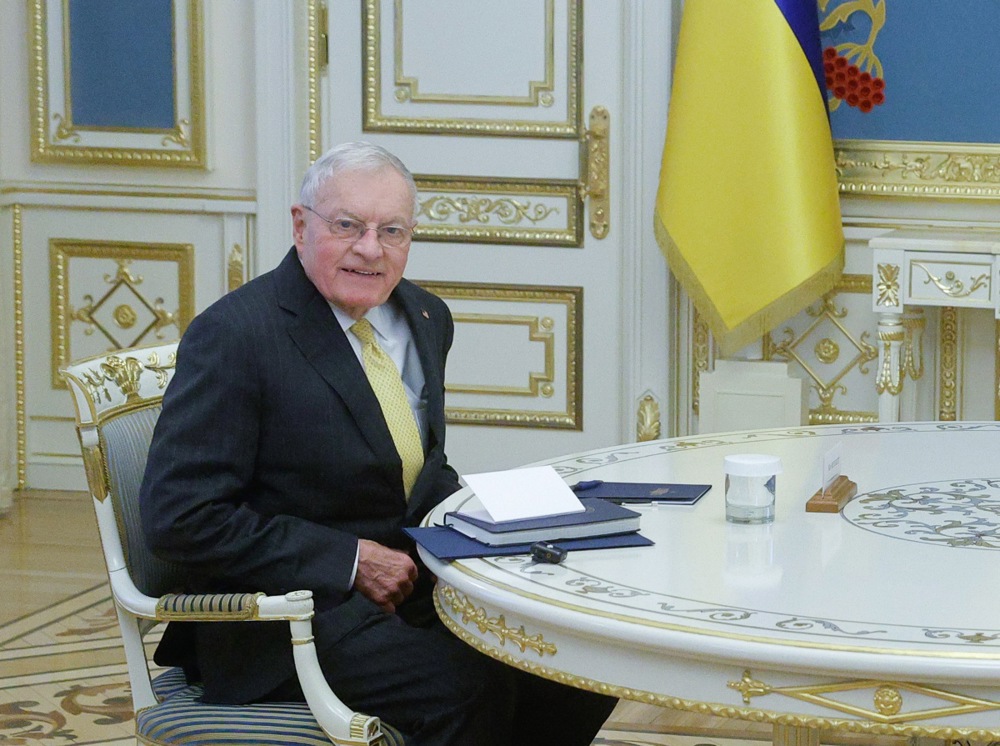The South Korean State-owned Korean Hydro & Nuclear Power (KHNP) company revealed it was withdrawing from a nuclear power project in Poland.
On August 19, KHNP President Whang Joo-ho told South Korean lawmakers that the decision was driven by changes in Warsaw’s energy policy under its centre-left government led by Prime Minister Donald Tusk.
“After the new Polish administration took office…the country decided to drop the state-owned enterprise projects in the nuclear power sector and that is why we withdrew our business there,” Whang told South Korean news agency Yonhap.
Whang was referring to a decision taken by the Tusk government in 2024 not to proceed with the project KHNP had planned, together with Polish State energy company PGE and private firm ZE PAK, to build two nuclear reactors in Konin, central Poland and to open the process of building future nuclear reactors to other bidders.
Poland’s energy minister Miłosz Motyka on August 20 rejected claims that the Polish Government had abandoned the project.
“The government has not made any decisions to ‘suspend’ the project, as all decisions are made by the investor, which is half privately owned,” he wrote on platform X.
“Last month, the ministry issued an official invitation to the Korean side to participate in a competitive bidding process for the second power plant, and we are awaiting an official statement on this matter,” Motyka added.
The move followed a settlement reached earlier this year between KHNP, Korea Electric Power Corporation (KEPCO) and US-based Westinghouse, which are to build Poland’s first nuclear power stations, over an intellectual property dispute.
KHNP handed over leadership of its European nuclear projects to Westinghouse following an intellectual property dispute with the US company.
While details of the settlement have not been disclosed, KHNP has also withdrawn from nuclear tenders in Sweden, Slovenia and the Netherlands after signing the agreement with Westinghouse in January 2025.
In May this year European Commission Vice-President Stephane Sejourne asked the Czech Republic in a letter to the Czech industry and trade minister Lukáš Vlček, to postpone the signing of the contract for the construction of two new nuclear units at the Dukovany power plant.
The Czech tender was won by KHNP ahead of the French company EDF but the signing of the final agreement on Dukovany, at the initiative of EDF, was blocked a few days ago by a Czech court through a preliminary injunction.
The agreement was reported to bar KHNP from bidding for nuclear projects in most European Union countries, the US, the UK, Japan and Ukraine, restricting it to remaining markets in Asia, the Middle East, South America and Turkey.
Poland’s opposition Conservatives (PiS), which during its previous term in government (2015-2023) had approved the project headed by the South Koreans and made several arms deals with the Asian country following Russia’s invasion of Ukraine, criticised the Tusk government over the KHNP withdrawal as a move that was in the interests of Germany and France rather than Poland.
“This is what Tusk’s ‘energy policy’ looks like: capitulation to the expectations of Germany, which does not want nuclear energy in Poland,” said PiS MP Jacek Sasin, who had negotiated the KHNP project.
Poland’s first nuclear plant in Choczewo on the Baltic coast is being developed with a consortium of the US companies Westinghouse and Bechtel.
A second nuclear plant is also planned, with two potential sites, Konin and Bełchatów – the latter home to Europe’s largest coal-fired power plant and the EU’s largest carbon emitter.
In March, the industry ministry reaffirmed the government’s commitment to the second project, stating that its plans were expected to be finalised by 2027.
Poland’s current energy mix remains dominated by coal, which is due to gradually to be replaced by nuclear power and increased reliance on renewable energy.





